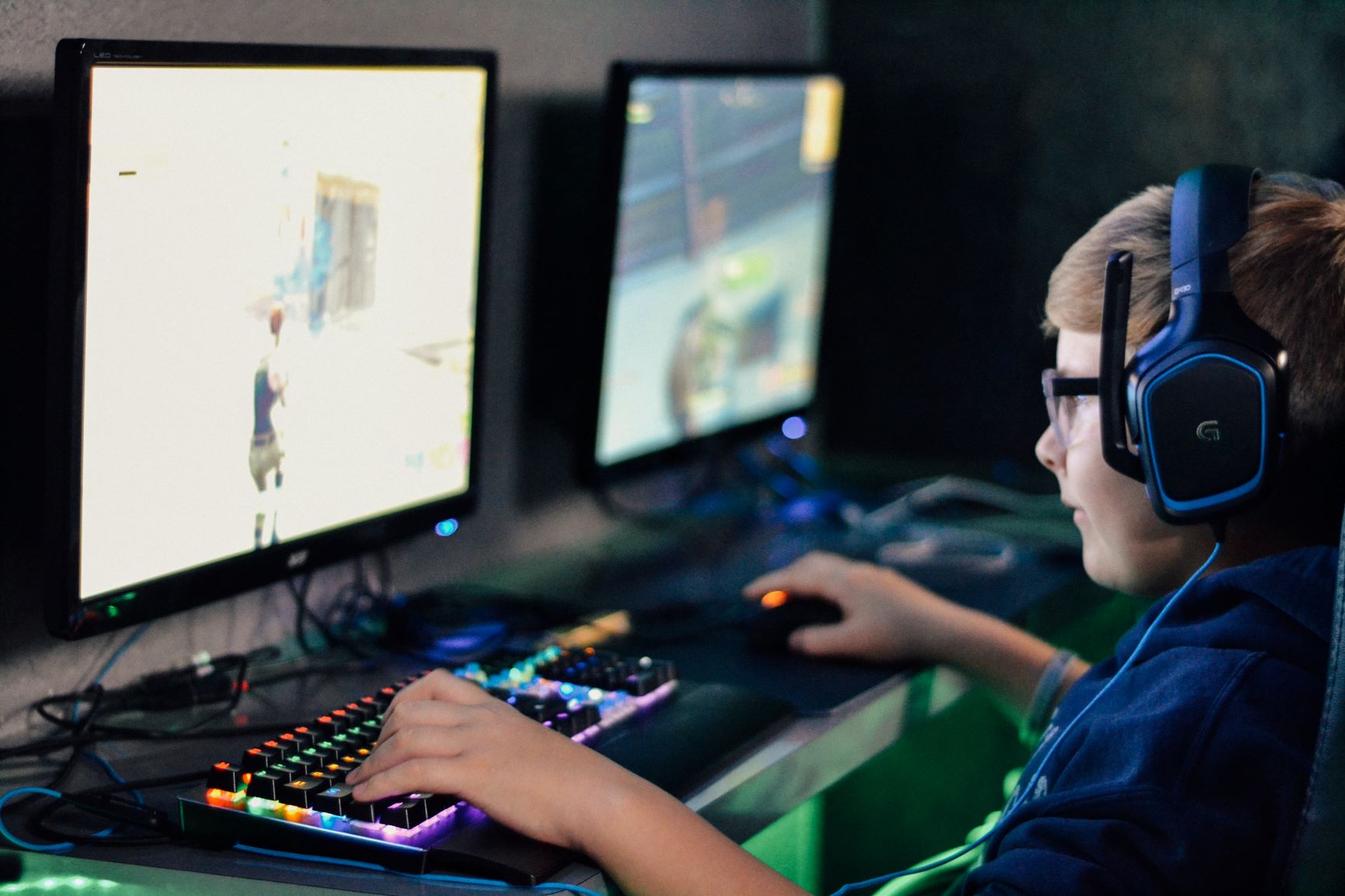So, what’s next? Well, this should only be a start, the education world needs to change and work together to find out what needs to be the ‘new way forward’, focusing on more individualised learning and preparing our children of today for the world of tomorrow.
More and more of the jobs that we recognise now will be obsolete, the future of these roles will be fulfilled by robotics and AI becoming the foundation of the workplace. However, other roles and new roles will become open to our future workers. As an example it is predicted that the internet as we know it is set to be replaced by the metaverse – an immersive 3D virtual world that mirrors our world, outmoding the 2D search-based internet. According to Forbes, the metaverse will totally change the way we live, learn, earn, and connect. Already there are circa 900 million users already spending over 5 billion hours a week on major immersive 3D virtual world games like Fortnite.

We need to prepare our children for this new world, and by bringing educationalist and edtech companies together we can ensure that we are ahead of this curve rather than behind it, helping direct and mentor children through rather than expecting them to learn it by themselves.
The 2020 World Economic Forum ‘Schools of the Future’ report highlights the urgent need for a more relevant curriculum to prepare both young students and working adults for the future. According to this report, the way we deliver education around the world has become increasingly disconnected from the realities of the workplace due to the increased advancements in technology. It calls for education establishments to deliver an increased focus on improving skills in global citizenship, creativity, technology, and collaboration – as well as accessible, personalised, and lifelong learning.
For many young students, the traditional education experience, operating as something of a one size fits all model, can be disengaging, irrelevant, and redundant. Edtech enables increased opportunities to shift to a model that is individualised, encouraging the next generation of ‘curious changemakers’.
Where do you see the next innovations in education coming from?

Leave a Reply